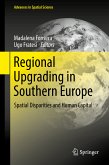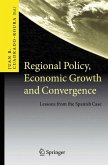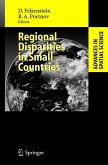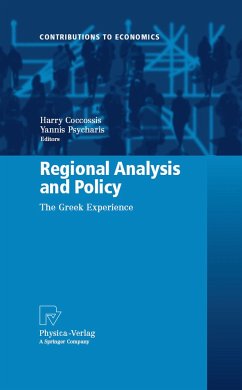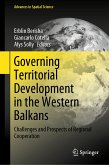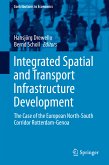Southern Europe has significantly changed over the last decades. At a regional level, key issues such as local and regional governance, sustainability, and preservation of heritage have presided as prime directives within the umbrella of the European Union. The recession had devastating consequences on the perception and the economies of southern Europe. However, the resilience and capacity of southern Europe to reinvent itself have been shown over the last decade. Southern Europe has since antiquity been a cradle of invention, innovation, and regional development, that under adequate and visionary governance may bring a growing engine towards sustainability.
Dieser Download kann aus rechtlichen Gründen nur mit Rechnungsadresse in A, B, BG, CY, CZ, D, DK, EW, E, FIN, F, GR, HR, H, IRL, I, LT, L, LR, M, NL, PL, P, R, S, SLO, SK ausgeliefert werden.



